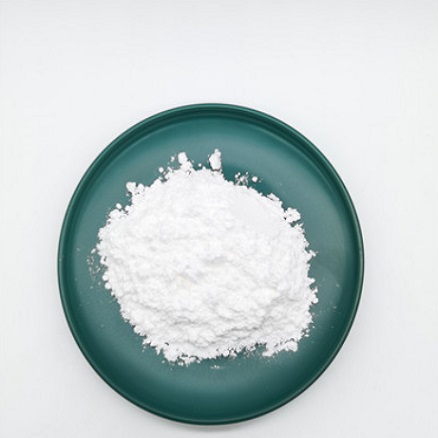N-acetyl-L-leucine is synthesized in organisms from leucine as a precursor substance through a series of enzymatic reactions.


N-Acetyl-L-leucine CAS#1188-21-2
N-acetyl-L-leucine is synthesized in organisms from leucine as a precursor substance through a series of enzymatic reactions.
N-acetyl-L-leucine is a white or off-white crystalline powder, soluble in water, and is mainly used as an organic intermediate.N-Acetyl-L-Leucine is an important fine organic chemical intermediate, widely used in medicine, pesticide, chemical industry and other fields.It can be used as a nutrient, food additive, etc.
Function: Neuroprotection.
Vestibular Dysfunction:N-Acetyl-L-Leucine has been studied for the treatment of vestibular dysfunction such as vertigo and balance disorders. This is because it may help protect and improve the function of the inner ear and nervous system.
Neuroprotection: Some studies have shown that N-Acetyl-L-Leucine may have neuroprotective effects and may help reduce damage caused by oxidative stress and neuroinflammation.
Metabolic effects: Energy metabolism: As a derivative of L-Leucine, N-Acetyl-L-Leucine may have an effect on energy metabolism. This may be related to the essential metabolic functions of leucine, including the promotion of muscle protein synthesis and the regulation of blood glucose levels.
DRUG DEVELOPMENT: RESEARCH USES: N-Acetyl-L-Leucine is often used in scientific studies to explore its potential benefits to the nervous system. Studies may involve its use in the treatment of neurodegenerative diseases and other neurological disorders.
Clinical applications: Pharmaceutical preparations: Although the clinical use of N-acetyl-L-leucine is still in the research phase, it has been used in some countries as a prescription drug for specific medical conditions such as relief of vertigo symptoms.
Our professional sales team are waiting for your consultation.